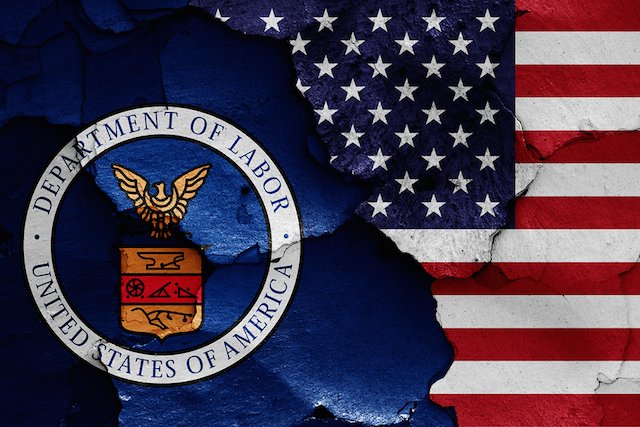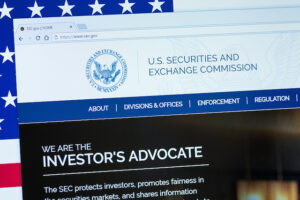The U.S. Department of Labor (DOL) recently issued a new proposal aimed at improving investment advice provided to workers and retirees. The measure includes a best interest standard intended to align with a broader investment advice regulation (Reg BI) issued by the Securities and Exchange Commission (SEC) that took effect June 30, as well as a complementary model regulation for annuity sales adopted earlier this year by the National Association of Insurance Commissioners (NAIC).
The proposed new exemption for investment advice fiduciaries would allow them to receive a “wide variety of payments that would otherwise violate the prohibited transaction rules.”
Those payments include commissions, 12b-1 fees, trailing commissions, sales loads, mark-ups and mark-downs, and revenue sharing payments from investment providers or third parties and would extend to rollover advice, according to the proposal.
“[The] proposed exemption would give Americans more choices for investment advice arrangements, while protecting the retirement savings of American workers,” said Labor Secretary Eugene Scalia, in a statement. “The exemption would add to the tools individuals need to make the right decisions for their financial future.”
The Insured Retirement Institute (IRI) is studying the DOL proposal, which has three primary components. First and foremost, the proposal would establish a new prohibited transaction exemption (PTE) for investment advice fiduciaries who, among other things, meet a best interest standard and a reasonable compensation standard.
Second, the DOL is officially reinstating the “five-part test” for fiduciary status and other guidance that had been modified by the prior administration’s 2016 rule, which was vacated by the 5th Circuit Court of Appeals in 2018. Lastly, the proposal clarifies the circumstances under which fiduciary status would be triggered by advice to roll over retirement savings from a 401(k) or other employment-based plan to an individual retirement account (IRA).
“We are reviewing the Department of Labor proposal to determine its full ramifications but some initial signs are encouraging that it will align with both the SEC’s Regulation Best Interest… and the enhanced NAIC model regulation,” said Jason Berkowitz, IRI Chief Legal and Regulatory Affairs Officer. “Close alignment of these important standard of conduct rules for financial professionals will avoid confusion, enhance consumer protections and establish clear regulatory guidance.”
By establishing a best interest standard that aligns with Reg BI and the NAIC model regulation, the DOL is looking to create a more harmonized state and federal regulatory framework.
“Once we fully evaluate the DOL’s new proposal with our members, we will participate in the public comment process to provide input and suggestions,” Berkowitz said. “We appreciate the thought and consideration that the Department has made in drafting this proposal and look forward to sharing our members’ views with them.”
Advocates for the original DOL fiduciary rule (vacated more than two years ago by a federal appeals court) — which included a contract that allowed retirement savers to sue their advisers if they didn’t act in their best interests — criticized the new DOL regulation as being too weak to curb broker conflicts of interest.
Barbara Roper, director of investor protection at the Consumer Federation of America, said the SEC made sure that Reg BI was not a fiduciary standard. It allows many more conflicts than ERISA requirements and basing the new DOL rule on the SEC regulation is a “huge watering down of the standard.”
In a tweet, Roper said the rule “reopens loopholes in the definition of fiduciary investment advice, making the standard easy to evade. It creates a new exemption to allow advisers to get conflicted compensation, subject only to Reg BI’s weak, non-fiduciary standard.”
A final rule is likely still months away. Stakeholders will have 30 days to file comments from the time the proposed rule appears in the Federal Register, which is expected shortly. After reviewing comments, the DOL could modify the proposal and then promulgate a final rule.













